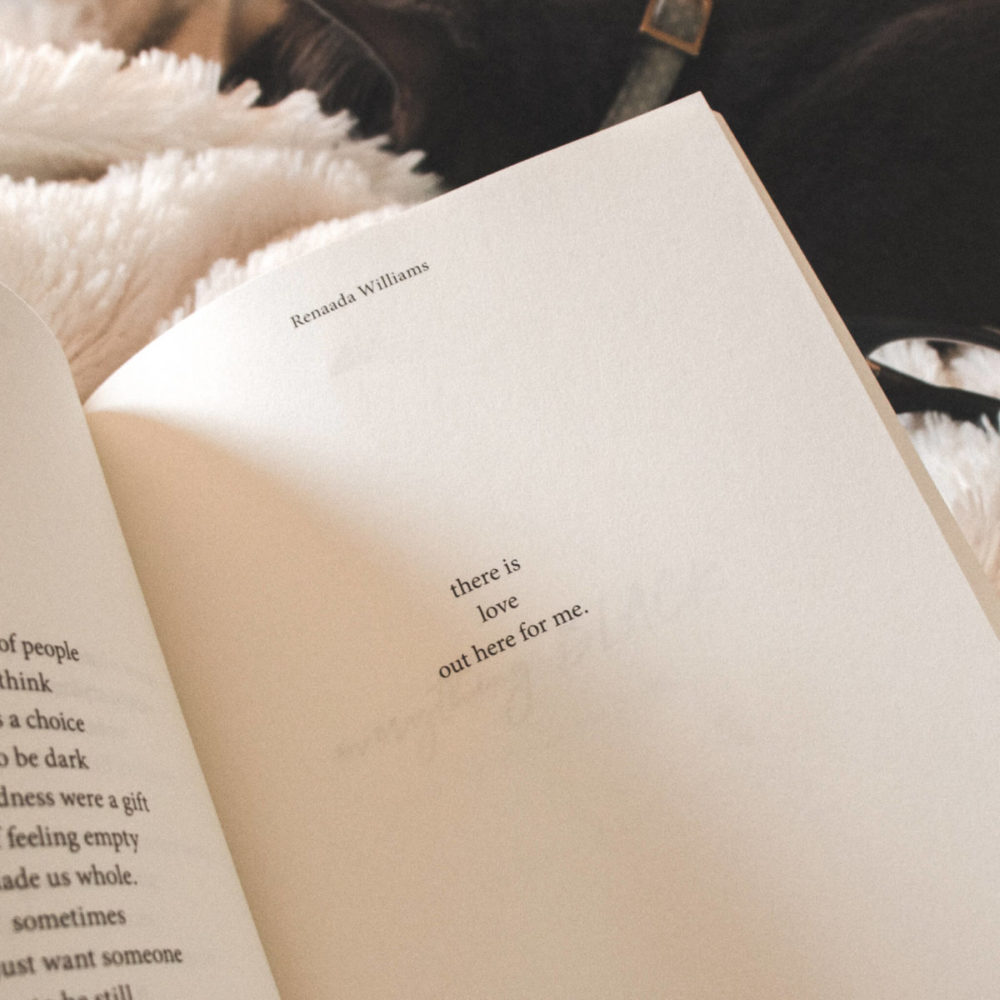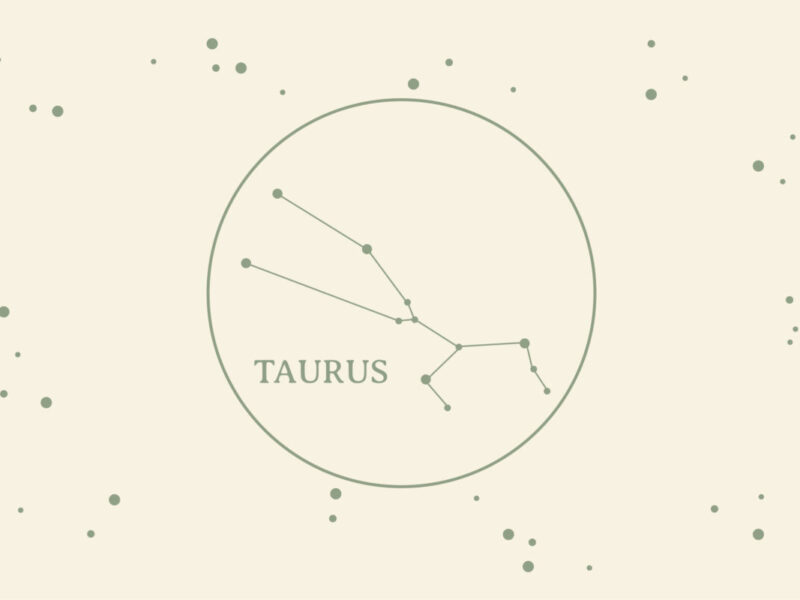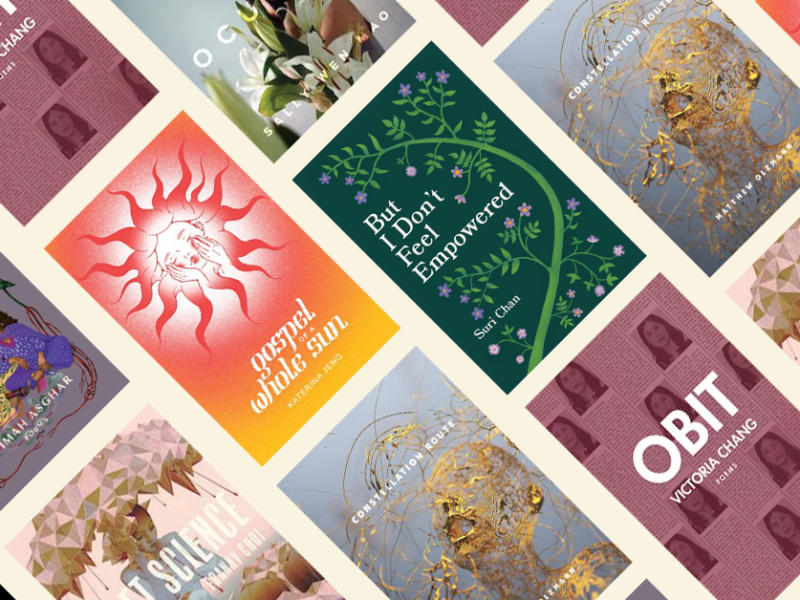Domestic Violence Awareness Poetry
Trigger Warning: The content of this article includes potentially triggering content. Themes of violence, domestic violence, physical/psychological/sexual abuse, and trauma will be discussed.
Every minute, about twenty people become victims of domestic violence in the United States. This heartbreaking statistic calls on all of us to act. To spread awareness and unify the millions of victims affected, National Domestic Violence Awareness Month was established in 1987.
Domestic violence can happen to anyone, but it’s not always easy to spot. It’s important to recognize the signs of physical, emotional, and psychological abuse that can be enacted on victims. Signs of abuse include feeling threatened, controlled, or isolated by your partner, being financially controlled or manipulated by your partner, and/or being physically abused by your partner—or anyone in your life.
Domestic violence is never okay. If you or someone you know needs help, contact the National Domestic Violence Hotline at 1-800-799-7233 or TTY 1-800-787-3224.
To raise awareness and elevate the voices of victims, we’ve selected 5 poems for Domestic Violence Awareness month.
“Domestic Violence” by Eavan Boland
Irish poet Eavan Boland became one of the foremost female voices in Irish literature during her career. With an awareness of women’s issues in Irish culture and history, Boland is known for her unflinching account of the female experience. Her work often subverts traditional ideas of female identity, with books like In Her Own Image (1980), Night Feed (1982), Outside History (1990), and In a Time of Violence (1994)—to name only a few of her successful works. Her poem “Domestic Violence” comes from her 2007 collection of the same name. This haunting poem explores the ability and responsibility of a witness.
“Wolf in Sheep’s Clothing” by Renaada Williams
Bestselling self-help and poetry author Renaada Williams places emphasis on the art of healing through her work. Her poetry collections becoming. (2020), fluid. (2018), and Align and Receive (2019) echo that sentiment. With the goal of helping others heal their emotional wounds, Williams writes with a tone of gentle understanding. Her poem “Wolf in Sheep’s Clothing,” portrays the experience of learning someone is not who they presented themselves to be.
“The Last Time” by Rachel McKibbens
A well-known name in the poetry slam community, Rachel McKibbens is a poet, playwright, and activist. In addition to her two collections and numerous literary magazine features, McKibbens has performed slam poetry at the national level over a dozen times. After teaching poetry through the Bellevue Hospital in Manhattan’s Healing Arts Program, she’s taken her advocacy across the country. She continues teaching poetry and giving lectures on mental illness, equality, and domestic violence and abuse. Her poem “The Last Time” appeared in her collection Pink Elephant (2009) and gives a heart-stopping account of one traumatic evening.
“Pioneers, First Women in Construction” by Susan Eisenberg
Boston-based poet and activist Susan Eisenberg is known for using her experience in the construction industry to investigate issues of power and social policy. Her publications include the poetry collections Stanley’s Girl (2018) and Pioneering: Poems from the Construction Site (1998), as well as her prose book We’ll Call You If We Need You (2018). Her poem “Pioneers, First Women in Construction” tells of more than workplace drama. Eisenberg unpacks the many difficulties women face, said and unsaid, in their personal and professional lives.
“Feelings on a Carousel” by Christine Hagion Rzepka
Christine Hagion Rzepka is a counselor, health educator, author, and founder of The Ripple Effect, an education, research, and advocacy organization dedicated to addressing domestic violence. Christine Hagion Rzepka’s collection The Poetry of Abuse (2004) is available as a free PDF to promote awareness of the impacts of domestic violence. Her poem “Feelings on a Carousel” appears in this collection. Written in 1983, the poem describes the cycle of violence the speaker experienced.




